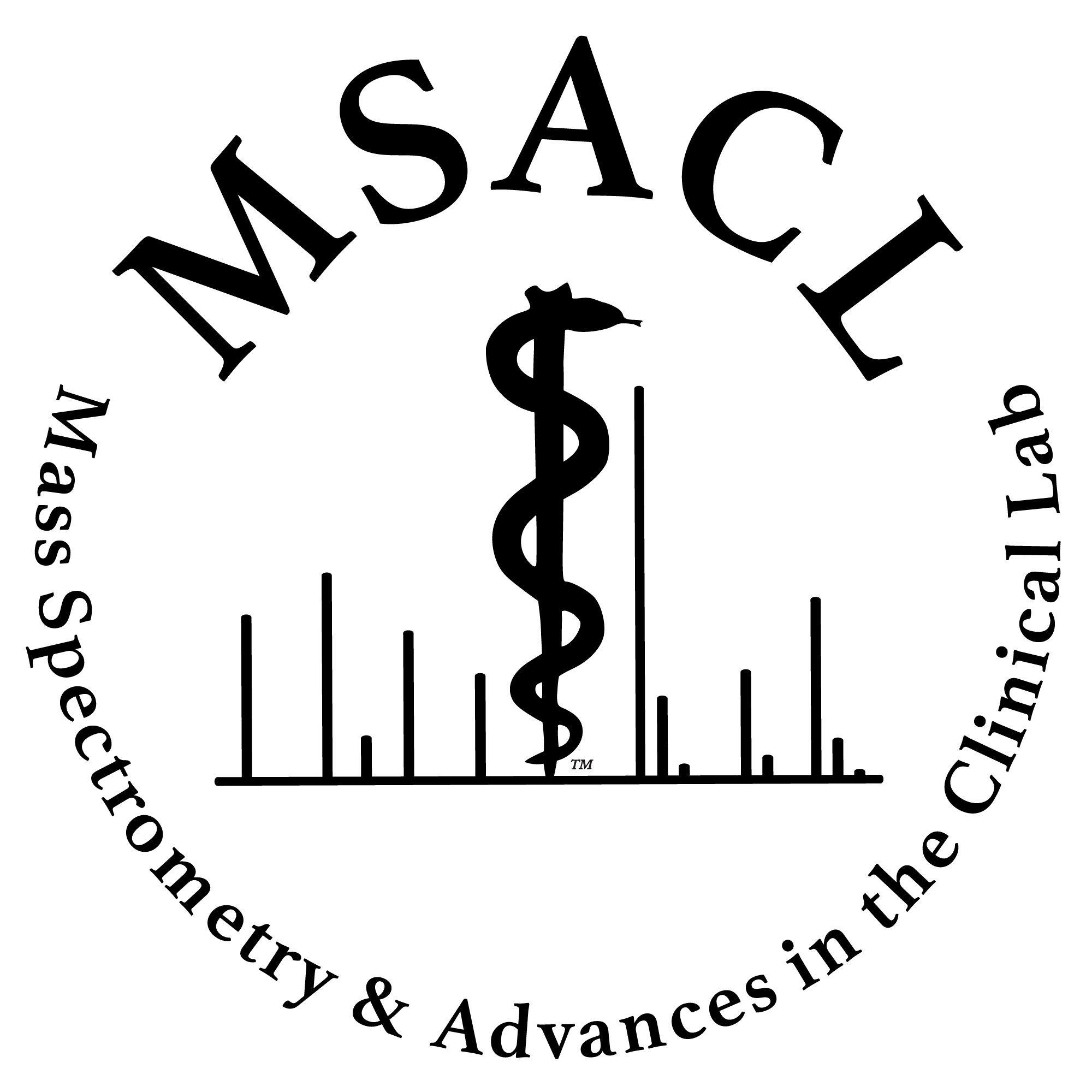|
Abstract Introduction
Current design of serological tests utilizes conservative immunoassay approaches with a focus on fast and convenient assay development, high throughput and straightforward measurements. Limitations of common serological tests include qualitative or semi-quantitative measurements, lack of standardization, potential cross-reactivity, and inability to distinguish between the human antibody subclasses. Recent advances in mass spectrometry, quantitative proteomics and standardization of proteomic protocols, including our recent studies [1-3], facilitated development of selective, sensitive and reproducible assays for quantification of low-abundance proteins in biological and clinical samples. In this study, we suggested that combination of immunoaffinity enrichments with targeted mass spectrometry measurements would enable rational design of serological diagnostics of infectious diseases, such as COVID-19.
Methods
Our approach for the rational design of serological diagnostic assays utilizes immunoprecipitation of the antigen-binding human antibodies from clinical samples followed by the differential quantification of viral antigens or the human antibody isotypes (IgG, IgA, IgM, IgE, IgD) and subclasses (IgG1, IgG2, IgG3, IgG4, IgA1, IgA2) with the targeted mass spectrometry assays. Trypsin-cleavable and heavy isotope-labeled synthetic peptide internal standards targeting the constant heavy chains of human antibody subclasses enable their absolute quantification (fmol/mL). High reproducibility, sensitivity, throughput and robustness of our assays are provided by their simple design, fast liquid chromatography separations (120 technical replicates per day), and sensitive mass spectrometry measurements. Our assays were validated in blood serum, plasma and saliva samples.
Results
A multiplex immunoprecipitation-selected reaction monitoring (IP-SRM) assay enabled differential quantification of anti-SARS-CoV-2 antibody isotypes and subclasses in blood serum or plasma. Likewise, an immunoprecipitation - parallel reaction monitoring (IP-PRM) assays quantified NCAP_SARS2 protein with a limit of detection of 313 pg/mL in serum. Simultaneous evaluation of the numerous antigen-antibody subclass combinations revealed receptor-binding domain (RBD)-IgG1 as a combination with the highest diagnostic specificity and sensitivity. Further validation revealed that anti-RBD IgG1, IgG3, IgM and IgA1 levels were significantly elevated in COVID-19-positive samples, while IgG2, IgG4, IgA2 levels were not informative. Anti-RBD IgG1 revealed a diagnostic cut-off of 480 ng/mL and provided 94.1% diagnostic specificity at 100% sensitivity and AUC 0.992 [4]. The results of our IP-SRM assays were confirmed by the gold standard indirect immunoassays.
Conclusions
Further validation of immunoprecipitation-targeted proteomic assays as a platform for serological assays will facilitate standardization and improvement of the existing serological tests, enable rational design of novel tests, and offer tools for the comprehensive investigation of antibody subclass cooperation in immunity response.
References
[1] Fu, Z.; Rais, Y.; Bismar, T.A; Hyndman, ME; Le, XC; Drabovich, AP. Mol. Cell. Proteomics, 2021, 20, 100075
[2] Drabovich, A.P.; Saraon, P.; Drabovich, M.; Karakosta, T.D.; Dimitromanolakis, A.; Hyndman, E.; Jarvi, K.; Diamandis, E.P. Mol. Cell. Proteomics, 2019, 18, 1807
[3] Schiza, C.; Korbakis, D.; Jarvi, K.; Diamandis, E.P.; Drabovich, A.P. Mol. Cell. Proteomics, 2019, 18, 338
[4] Fu, Z.; Rais, Y.; Bismar, T.A; Hyndman, ME; Le, XC; Drabovich, AP. Immunoprecipitation-targeted proteomics assays facilitate rational development of SARS-CoV-2 serological diagnostics. medRxiv, 2021, https://doi.org/10.1101/2021.10.25.21265408. |

